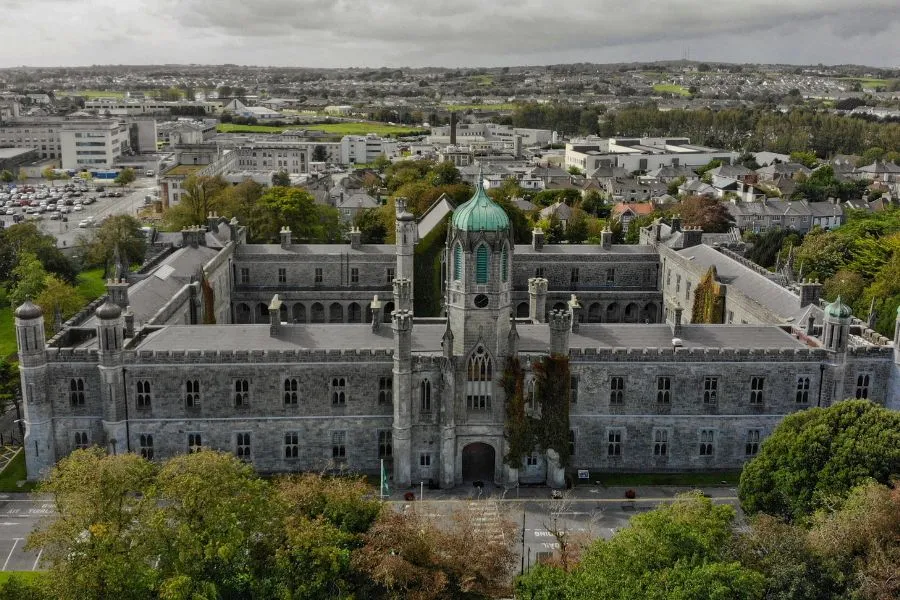Ireland has become a magnet for professionals, particularly in technology, pharmaceuticals, finance, and healthcare. Its growing economy, English-speaking environment, and friendly business climate make it a desirable destination for global talent. Many foreign workers come on temporary employment visas and soon wonder if it’s possible to make Ireland a permanent home. The good news is that Ireland does provide a structured route from work visa to permanent residency, though the process has specific requirements and timelines that applicants must navigate carefully.
Key Takeaways
Understanding Ireland’s Work Visa System
Unlike some European countries, Ireland does not have a “universal work visa” category. Instead, it offers several employment permits under the Employment Permit System, each tailored to different types of workers. The most common are the Critical Skills Employment Permit, the General Employment Permit, and permits for researchers, intra-company transfers, and contracting professionals. While all these permits allow legal work in Ireland, only some provide a clear pathway toward permanent residence.
The Critical Skills Employment Permit, for example, is designed to attract highly skilled professionals in sectors facing talent shortages, such as IT, engineering, healthcare, and finance. This permit is particularly valuable because it accelerates the pathway to long-term residence compared to other employment permits.
Eligibility Criteria for Employment Permits
Applicants must generally meet the following conditions:
- A formal job offer from an Irish employer who can demonstrate compliance with labor regulations.
- Proof that the position meets the salary thresholds, which vary depending on the type of employment permit. Critical Skills permits, for example, typically require a minimum salary of €32,000 for eligible healthcare or ICT roles.
- Qualifications or experience that match the occupation standards. Degrees, professional certifications, or verified work experience may be required.
- Evidence of ability to maintain oneself in Ireland and meet standard immigration requirements, including health and conduct checks.
Unlike some countries, Ireland does not mandate a language test, as English is the primary language, but demonstrating effective communication skills is still essential for employment and integration.
Also Read: How Is Ireland Making It Easier for Families to Relocate and Work?
From Work Visa to Long-Term Residency
The key milestone for permanent residency in Ireland is Stamp 4 status, which grants the holder permission to live and work in the country without employer sponsorship. For most non-EU nationals, a Critical Skills Employment Permit holder can apply for Stamp 4 after two years of continuous employment. In contrast, General Employment Permit holders may have to wait five years before eligibility.
Continuous residence is essential. Applicants must show that they have been legally employed and living in Ireland, with no significant gaps in employment or unauthorized absences. Pay slips, tax records, and social security contributions are typically required to demonstrate this continuity.
Application Process for Permanent Residency
Transitioning from a work visa to Stamp 4 involves several administrative steps:
- Verify Eligibility: Ensure that the minimum residence period and employment continuity requirements are met.
- Gather Documentation: This includes valid permits, employment letters, tax returns, social insurance contributions, proof of residence, and identification documents.
- Submit to the Irish Naturalisation and Immigration Service (INIS): Applications are processed at local immigration offices.
- Attend Appointments: Biometrics and interviews may be required, depending on the applicant’s circumstances.
- Await Approval: Processing times can vary, but typically range from several weeks to a few months.
Once Stamp 4 is granted, you enjoy much greater freedom: you can change employers, start your own business, and plan for long-term life in Ireland.
Turn Your Irish Work Visa Into a Path to PR — Fill the Form Today!
We connect you with trusted immigration experts who simplify the entire process — from paperwork to approval.
Timeline and Pathway to Citizenship
For Critical Skills Employment Permit holders, the pathway to Stamp 4 and then permanent residency is relatively fast, two years to Stamp 4, with the option to apply for citizenship after five years of lawful residence. For General Employment Permit holders, the timeline is longer: five years of continuous work before eligibility for Stamp 4, and at least five years of Stamp 4 residence before naturalization.
It’s important to note that Irish citizenship applications require proof of good character, continuous residence, and integration into Irish society. Therefore, holding Stamp 4 is just the first step in the long-term goal of citizenship.

Common Challenges and Mistakes
Applicants often encounter delays or rejections due to:
- Gaps in employment or periods without valid permits can reset eligibility.
- Incomplete documentation, particularly tax records or proof of residence.
- Misunderstanding the differences between permit types leads to ineligibility for early transition.
- Failing to renew permits on time can disrupt continuous residence requirements.
To avoid these pitfalls, it is crucial to maintain meticulous records and remain aware of policy changes issued by the Department of Enterprise, Trade and Employment and INIS.
Also Read: How to Get Permanent Residency in Ireland
Benefits of Permanent Residency in Ireland
Securing Stamp 4 or long-term residence offers several advantages:
- The right to live and work indefinitely without employer sponsorship.
- Simplified ability to switch jobs or start a business.
- Access to public healthcare, education, and social benefits.
- Eligibility to sponsor family members under family reunification rules.
- A clear path to Irish citizenship for those planning long-term settlement.
Permanent residency provides a secure foundation for life in Ireland, transforming temporary employment into a lasting presence.
Conclusion
Ireland offers a practical and structured route for skilled professionals to transition from a work visa to permanent residency. Critical Skills Employment Permit holders enjoy the fastest route to long-term residence, while others can also achieve this goal with careful planning and compliance. The process requires diligence, accurate documentation, and awareness of legal requirements. Still, the rewards, including freedom to work, live, and integrate fully into Irish society, make it a highly worthwhile pathway for anyone considering a long-term future in the country.





